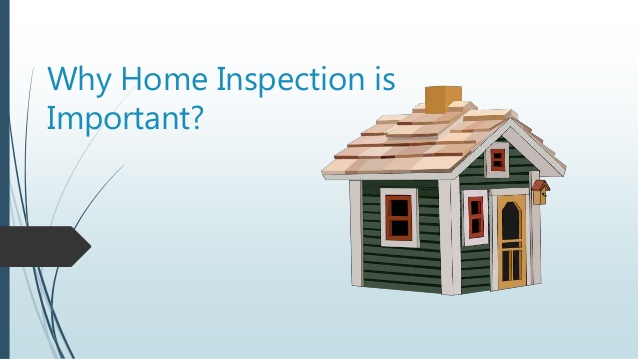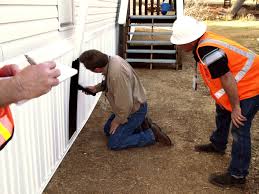
Are you investing in a new house soon, and beginning a new exciting chapter in your life? Well, apart from being an exciting adventure, you must acknowledge the fact that it is also a life-changing decision that involves your life savings.
You might have finally stumbled upon the perfect house for you and your family after months of searching, but it is important to ensure that the house is just as great as you think it is. Cabinets, tiles, or paint colors can be changed easily, but there are some other important aspects of the home that cannot be fixed that easily. And this is the reason why you must invest in a home inspection before you sign the papers.
Depending on the size and other individual features of the house, your home inspector would determine a way to carry out a thorough inspection of the entire property. Mentioned below is a list that would give you a general idea of what most of the home inspections tend to cover.
- Foundation:
Any reliable and competent home inspector would investigate the health of the foundation of the property, and even check for secondary signs of any foundation issues such as the likes of cracks or settling. - Roof:

Home inspection
As a prospective buyer, you would not go as far as climbing up the ladder and checking the condition of the roof during the open house. However, people hire home inspectors to inspect the parts of the house that they themselves cannot. Your inspector would be able to inspect the condition of the roof and determine its approximate age. Moreover, they would also look for any potential damage or poor installation that can cause water damage to occur in the future.
- Building envelope:
The outside structure of your potential future house is another aspect that should be and is thoroughly inspected by your professional home inspector. This tends to include checking out crawlspaces under the house, the seal of all the windows and doors, and so on and so forth. - Plumbing:
Your home inspector would also check the condition of the plumbing in all the toilets, showers, and faucets and look for any visible leaks, all of this while testing the water pressure too. They would also let you know what kind of pipes the house has. If the house has old pipes that need to be repaired or replaced, it would help you negotiate the original price of the house. - Electrical:
Electrical is one of the few things that differ from house to house, it is especially quite different in older homes. Your home inspector would let you know the type of wiring your potential future house has, make sure that there are functional ground fault circuit interrupters, and test every single outlet in the house. Moreover, they would also inspect the electrical panel to ensure that all of it is in proper working condition in order to eliminate any safety or fire hazards.
These were just a few important things that a home inspection tends to cover if you hire a professional and reliable home inspector.
